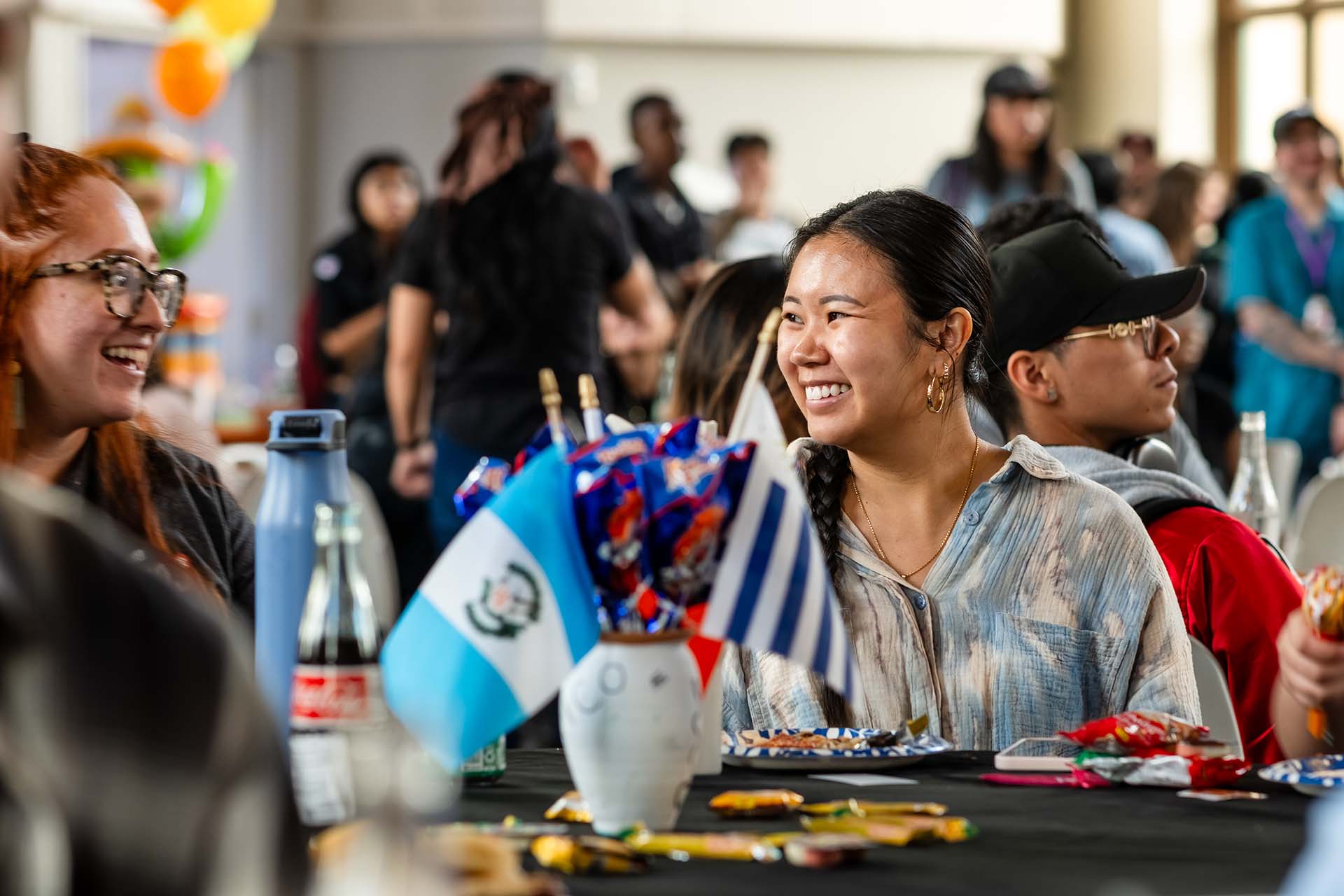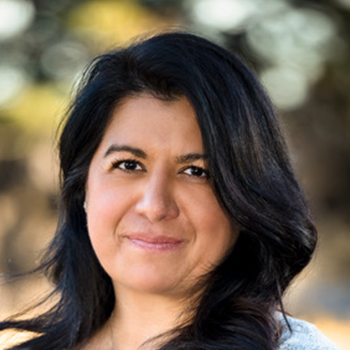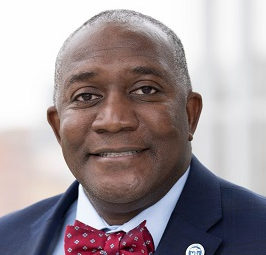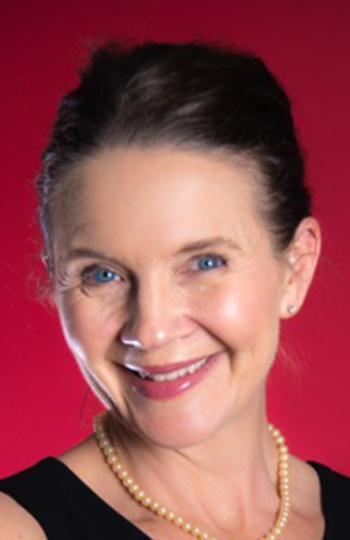From foster care to Fostering Success in college
Alumna of foster care system serves as coordinator of student support organization.
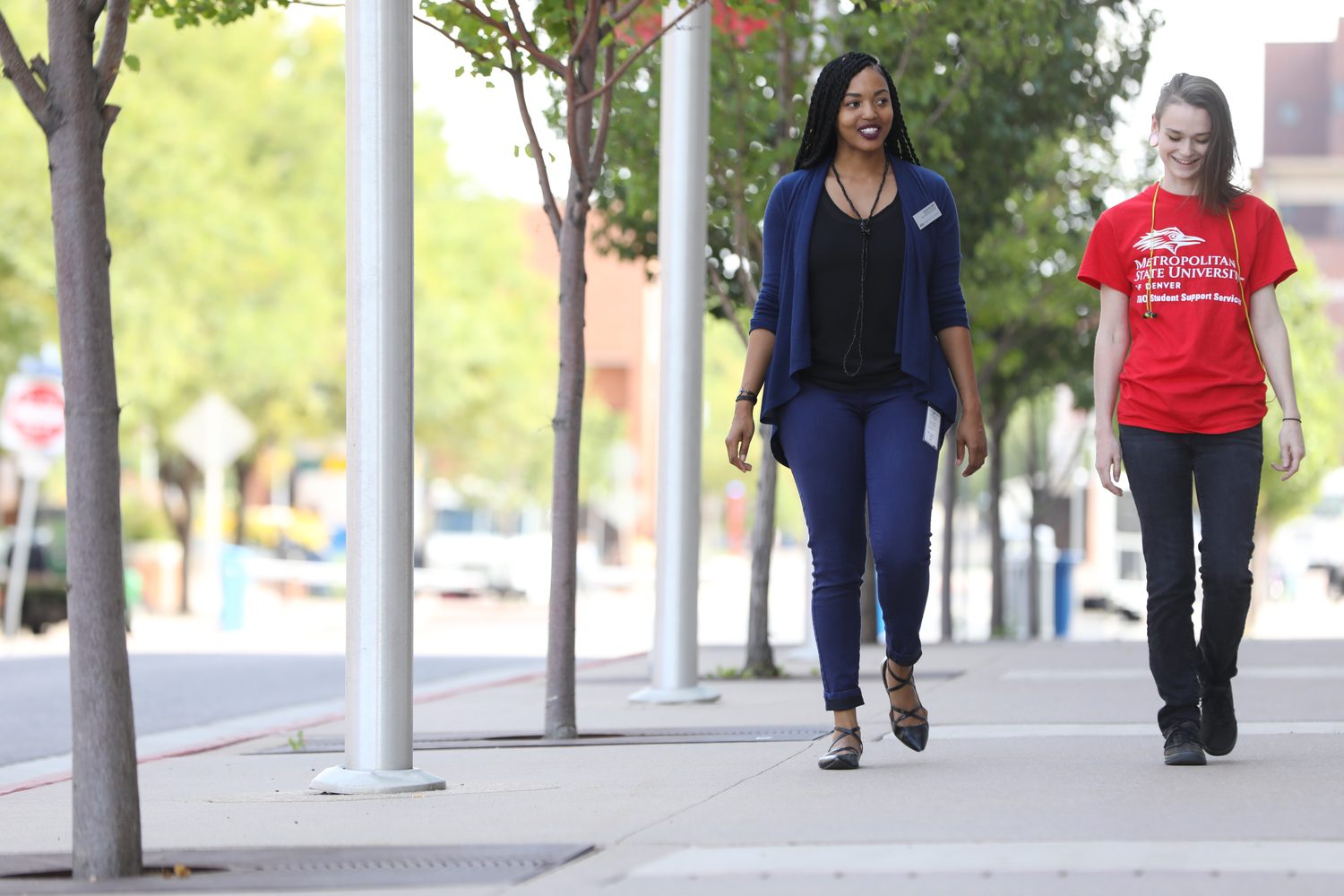
Chandell Bell knows what it’s like to be alone. When she was 7 years old, she regularly walked 11 miles from her foster home to school, missing the bus on purpose just so she could be alone.
She trekked mile after mile down Colorado Boulevard, sometimes with a bloody nose or a black eye, to escape the physical and emotional abuse dealt by a foster parent and ignored by schoolteachers.
Bell was first removed from her home at 6 months old and was permanently removed at 5 years old, after her parents’ parental rights were terminated because of neglect. She was separated from her four siblings at age 7 and lived in 13 placements before emancipating at age 17. She attended a dozen schools while in foster care and five colleges and universities before earning her bachelor’s degree from MSU Denver in 2010.
Today, Bell’s mission is to make sure no one else coming out of the foster-care system has to go it alone. As the new coordinator of the budding Fostering Success program, she’s charged with serving Roadrunners who are running the road she ran – from emancipation to graduation.
The statistics are startling for foster youth and education. More than 20,000 youth emancipate from (age out of) foster care every year in the United States, and most studies suggest the percentage who obtain a bachelor’s degree is between 2 and 10 percent. Other research suggests foster care alumni are more likely to become homeless or get arrested than graduate from college.
Bell knows the numbers, which is why she worked so hard to earn her college degree and why she worked even harder for a master’s degree in social work from the University of Denver. It’s why she came back to her alma mater to serve students in a situation she knows so well.
“It was important for me to embrace my background and tell my own story, and not have these statistics speak for me,” Bell said. “I think it’s empowering to me to be in this position, knowing where I came from.”
Bell knows the hurdles don’t end after foster care. She knows what it’s like to couch surf and be on your own. She knows what it’s like to lose contact with family members or have them come back in your life. She knows what it’s like to struggle financially, whether it’s taking out student loans or overcoming identify theft, a common problem for foster care alumni that she experienced at 18.
But most important, Bell knows what it takes to make it. That’s why she was hired in August as the first full-time coordinator for the Fostering Success program, created in 2014-15 to provide assistance to foster care alumni enrolled at MSU Denver. Bell is available to give students academic advice, emotional support, housing guidance or “whatever they need so they can be successful here on campus,” she says.

The program offers a study lounge with computers, a small food pantry and hygiene products. The biggest challenge is getting students to use it.
“With this identity, or any sensitive identity, sometimes you don’t want to identify yourself. Because of the stigma around being a foster child, you’re told by everyone not to tell anybody you grew up in foster care,” Bell said. “I want to bring students in. I want them to know that we are here and that I am here to help.”
There are 114 students at MSU Denver this semester who have self-identified as foster care alumni by checking a box on their federal financial-aid form, including Devin Walker, who spent three years in foster care as a teenager and discovered Fostering Success as a first-year student.
“It was really great to have someone on campus who really cared about me being successful. It was nice to be seen as a full person,” Walker said. “I think owning your identity is really important, and I’m trying to incorporate that more into my life by being a part of this program, actively speaking out and representing foster care students,” Walker said.
Walker is serving as the group’s student programmer this year, taking care of incoming donations and facilitating events. The sophomore double-majoring in psychology and nutrition plans to one day pursue a Ph.D. in clinical health psychology.
“I want to prove others and, specifically, myself wrong. There are a lot of times where I didn’t think I could overcome what I’ve been dealt,” Walker said. “But I’m determined to succeed regardless of what’s happened to me, and I want to help other people do that too.”
Chandell Bell refuses to be defeated by statistics. Devin Walker refuses to be defined by others. As employee and student, both foster care alumni are dedicated to walking alongside those who refuse not to succeed in college, and in life.
To get involved with Fostering Success, email [email protected], call 303-352-4395 or visit the Center of Equity and Student Achievement on the second floor of the Student Success Building.



